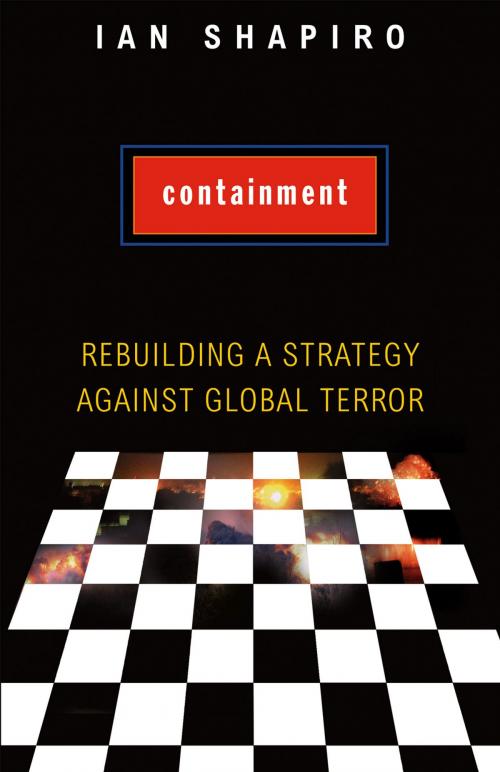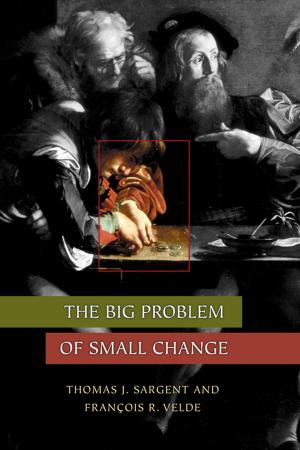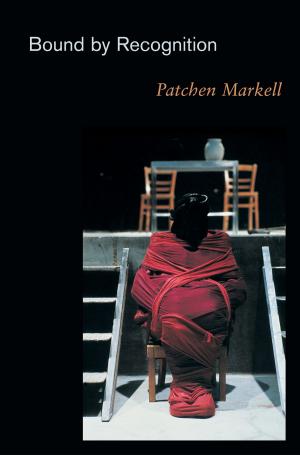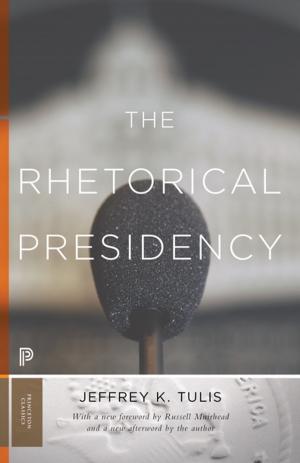Containment
Rebuilding a Strategy against Global Terror
Nonfiction, Social & Cultural Studies, Political Science, International, International Security, International Relations| Author: | Ian Shapiro | ISBN: | 9781400827565 |
| Publisher: | Princeton University Press | Publication: | February 9, 2009 |
| Imprint: | Princeton University Press | Language: | English |
| Author: | Ian Shapiro |
| ISBN: | 9781400827565 |
| Publisher: | Princeton University Press |
| Publication: | February 9, 2009 |
| Imprint: | Princeton University Press |
| Language: | English |
In this powerfully argued book, Ian Shapiro shows that the idea of containment offers the best hope for protecting Americans and their democracy into the future. His bold vision for American security in the post-September 11 world is reminiscent of George Kennan's historic "Long Telegram," in which the containment strategy that won the Cold War was first developed.
The Bush Doctrine of preemptive war and unilateral action has been marked by incompetence--missed opportunities to capture Osama bin Laden, failures of postwar planning for Iraq, and lack of an exit strategy. But Shapiro contends that the problems run deeper. He explains how the Bush Doctrine departs from the best traditions of American national-security policy and accepted international norms, and renders Americans and democratic values less safe. He debunks the belief that containment is obsolete. Terror networks might be elusive, but the enabling states that make them dangerous can be contained. Shapiro defends containment against charges of appeasement, arguing that force against a direct threat will be needed. He outlines new approaches to intelligence, finance, allies, diplomacy, and international institutions. He explains why containment is the best alternative to a misguided agenda that naively assumes democratic regime change is possible from the barrel of an American gun.
President Bush has defined the War on Terror as the decisive ideological struggle of our time. Shapiro shows what a self-defeating mistake that is. He sets out a viable alternative that offers real security to Americans, reclaims America's international stature, and promotes democracy around the world.
In this powerfully argued book, Ian Shapiro shows that the idea of containment offers the best hope for protecting Americans and their democracy into the future. His bold vision for American security in the post-September 11 world is reminiscent of George Kennan's historic "Long Telegram," in which the containment strategy that won the Cold War was first developed.
The Bush Doctrine of preemptive war and unilateral action has been marked by incompetence--missed opportunities to capture Osama bin Laden, failures of postwar planning for Iraq, and lack of an exit strategy. But Shapiro contends that the problems run deeper. He explains how the Bush Doctrine departs from the best traditions of American national-security policy and accepted international norms, and renders Americans and democratic values less safe. He debunks the belief that containment is obsolete. Terror networks might be elusive, but the enabling states that make them dangerous can be contained. Shapiro defends containment against charges of appeasement, arguing that force against a direct threat will be needed. He outlines new approaches to intelligence, finance, allies, diplomacy, and international institutions. He explains why containment is the best alternative to a misguided agenda that naively assumes democratic regime change is possible from the barrel of an American gun.
President Bush has defined the War on Terror as the decisive ideological struggle of our time. Shapiro shows what a self-defeating mistake that is. He sets out a viable alternative that offers real security to Americans, reclaims America's international stature, and promotes democracy around the world.















